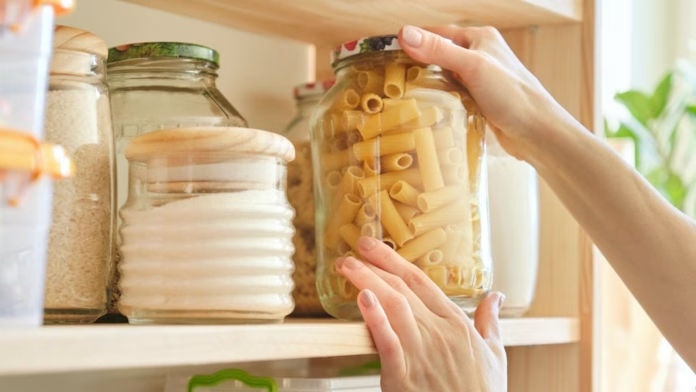Food spoilage is a common problem that can occur when food is not stored or handled properly, leading to the growth of harmful microorganisms and the production of toxins. Spoiled food can cause illness and pose a risk to human health, and as such, it’s essential to understand the factors that contribute to food spoilage and take steps to prevent it.
There are several factors that can contribute to food spoilage, including temperature, humidity, oxygen levels, and exposure to light. For example, certain bacteria thrive in warm temperatures, while others can survive in cold temperatures. Moisture can also contribute to food spoilage by creating a favorable environment for microorganisms to grow.
However, not all foods are susceptible to spoilage in the same way. Some foods have a longer shelf life than others due to their inherent properties, such as low moisture content, high acidity, or high salt or sugar content. These types of foods are less prone to spoilage and can be stored for extended periods without the risk of spoilage or degradation.
So, don’t worry if you have the following in your pantry as they are not prone to premature spoilage and have a longer shelf than you think:
- Sugar:
White sugar has an indefinite shelf life if stored in an airtight container and kept dry. Brown sugar, on the other hand, can harden over time but can be softened by placing it in a sealed container with a slice of bread or a damp paper towel.
- Salt:
Salt is a natural preservative and has an indefinite shelf life. As long as it’s stored in a dry and airtight container, it should remain usable indefinitely.
- Soy sauce:
Soy sauce has a long shelf life of up to two years or more if stored in a cool, dark place, away from direct sunlight and heat.
- White rice:
White rice has a long shelf life of up to five years if stored in an airtight container in a cool, dry place. Brown rice, on the other hand, has a shorter shelf life of about six months to a year due to its higher oil content.
- Vinegar:
Vinegar has an indefinite shelf life and does not require refrigeration. However, its flavor may change over time, so it’s best to use it within a few years.
- Honey:
Honey has an indefinite shelf life due to its high sugar content and antibacterial properties. It should be stored in a tightly sealed container in a cool, dry place, away from direct sunlight.
- Dried beans:
Dried beans have a long shelf life of up to several years if stored in an airtight container in a cool, dry place. They should be inspected and sorted before cooking to remove any debris or damaged beans.
- Ghee:
Ghee has a long shelf life of up to several months if stored in an airtight container in a cool, dry place, away from direct sunlight and heat.
- Liquor:
Liquor has an indefinite shelf life if stored properly, with unopened bottles being safe to consume even after decades. However, the flavor and quality of liquor can deteriorate over time, especially after the bottle has been opened.
These foods are known for their long shelf life and can be great pantry staples to have on hand for emergencies or as part of a long-term food storage plan. By storing them properly and using them before their expiration date, we can reduce food waste and ensure that we always have access to nutritious and flavorful food.





